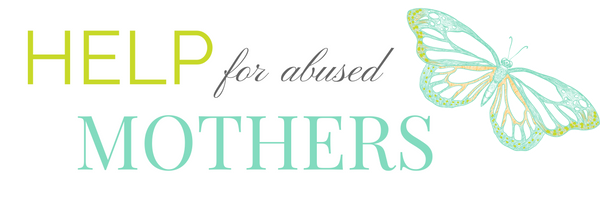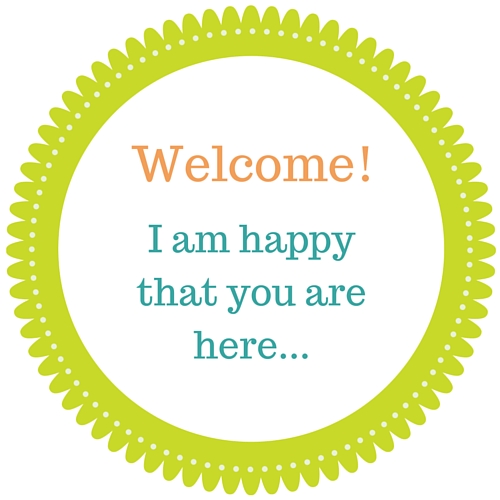The importance of high self-esteem has been minimized over the past years. As an educator, I remember when teachers were told to make children feel good about themselves – boost their self- esteem. However, after so many Great Job and You are terrific messages, children began to expect praise while putting forth little effort. A better self-esteem booster and life- long motivator is to be very specific with the praise. For example, “You did a wonderful job sticking with the challenging math problem and trying to solve it! ”
As present or former abused mothers, we have to learn how to boost our own self-esteem. According to the U.S. Centers for Disease Control and Prevention, low self- esteem is one of the risk factors for Intimate Partner Violence. On my healing journey, I realized that I did not esteem myself. I did not fully respect, appreciate, value, and honor myself. Self-esteem is learned from your family of origin. In order to elevate my self-esteem, I had to replace what I had learned with positive messages about myself.
High self-esteem is not the same as being selfish or self-centered. Being selfish implies such an overwhelming amount of self that everyone else orbits around the selfish person. A self-centered person is literally stuck in his or her own desires, interests, and needs. Their existence is solely about them. Like the selfish person, he or she is the center from which everyone and everything orbits. I knew that I could learn to esteem myself without becoming selfish or self-centered.
Abusers are attracted to women with low self-esteem. They know she will tolerate abuse. To remove yourself from the abusive relationship, to help your children, and to attract healthy people into your life, you must learn to appreciate, value, and honor yourself. It is a process. It takes a while to unlearn old ways of being. I have found the following tools to be very helpful:
- Talk to yourself like you would talk to your best friend. For example, “You put a lot of effort into that, and you did your best. No one is perfect. You are fine.”
- Find positive role models with high self-esteem. People who are confident, respectful, nonjudgmental, responsible, independent, and secure in handling challenges. Watch how they do things. Observe how they solve problems. Ask questions. Learn from them. Always remember, no one is perfect. No one will be able to solve your problems for you, but others can help.
- Write in your journal. Maintain an ongoing list of your strengths. Write down all of the things you value about yourself- things that make you feel good about you. When people give you a compliment, include that also. Include talents, skills, physical characteristics, whatever – it’s your list. You create it!
- When you make a mistake, record it in your journal. Write down what you learned from the mistake.
- Read books or articles on self-esteem. Seek professional help if you need it.
Remember: Never give up! You were mean to thrive!
Love,
Joanne


 Welcome to "Help for Abused Women". Add in text here......
Welcome to "Help for Abused Women". Add in text here......
Recent Comments